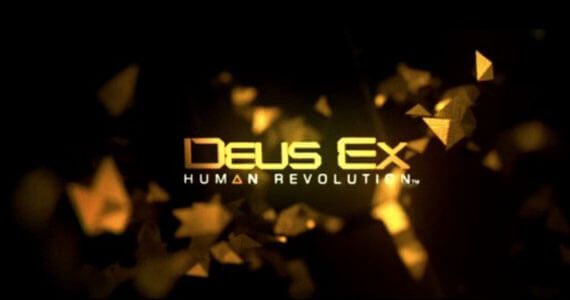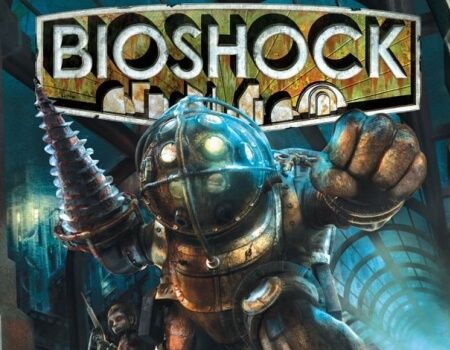Ever wondered what happened between the release of Deus Ex: The Invisible War in 2003 and the arrival of Deux Ex: Human Revolution in 2011? Game writer and journalist Joe Martin has the answer for you.
During an appearance last week at VideoBrains, Martin gave a great talk about "deleted scenes" in gaming. The term "deleted scene" is, of course, used quite frequently in film and television. There, it describes the phenomenon that happens when screenwriters write a longer script than ends up making it to a finished television or film release. The entire script gets filmed, but certain scenes get cut, whether because of length requirements or simply because the scenes don't fit, tonally, with the rest of finished product.
Martin's definition for deleted scenes in gaming is understandably different, encompassing "all the things that are cut from games before they’re released," from "literal cutscenes" to "features, characters or even entire games."
This week, we're already finding out how entire games can end up on the cutting room floor. Blizzard fans learned that lesson yesterday, when the company pulled the plug on Titan after seven years of development. In his speech, though, Martin was talking about the ill-fated Deus Ex 3, which was in development long before Human Revolution ever saw the light of day.
Anyone who has followed the Deus Ex series from the beginning probably already knows that Human Revolution was developed by a completely different team than the first two games. Deus Ex and Deus Ex: The Invisible War were developed by Ion Storm, with game designer extraordinaire Warren Spector at the helm. Ion Storm was shut down by Eidos Interactive in 2005, and the Deus Ex series looked to have breathed its last breath.
Eventually, though, Eidos put together a new team to develop a prequel to the first Deus Ex game, which became Human Revolution. Spector, who had moved on to Disney Interactive after the collapse of Ion Storm, was not involved in the design or development of the game. As Martin's presentation reveals though, there was a time prior to Ion Storm's closure when a proper third installment in the Deus Ex franchise was in development. Furthermore, Deus Ex 3 would have been made by the original team (Spector included), and even had a few story concepts already outlined.
Lucky for Deus Ex fans, Martin has actually shared those Deus Ex 3 plot ideas for all to enjoy.
"The first is about an augmented Black Ops soldier who goes AWOL upon discovering he’s been used for dodgy dealings," Martin explains. "His handlers find him and threaten him with either court martial or his wife’s execution if he doesn’t do one final job."
Martin says that, in this first story concept, the game "would have fluctuated between flashbacks and new stories." He also points out that Harvey Smith, a designer for the first Deus Ex game, actually used a similar structural concept for his future game, Blacksite: Area 51. Since Smith never worked on Deus Ex 3, it's possible that this is coincidence, but it's still worth noting
As for the second story concept, Martin says that it would have begun "immediately after the ending for Deus Ex in which you destroy all global communications." In the game, players would have had to "investigate the collapse and try to save [their] sister from a cult which arises in the chaos."
Just as the first Deux Ex 3 concept had parallels to ideas that eventually appeared in Blacksite: Area 51, Martin noted that this second idea is "oddly similar to one of the original plots for BioShock, which also had you saving a woman from a cult." Surprise, surprise: BioShock developer Ken Levine had also once been a part of the Deus Ex team (though, like Harvey Smith, he was never directly involved in the development of Deus Ex 3).
Deus Ex fans will likely find Martin's presentation a little bittersweet, given the fate of Ion Storm and the fact that neither of these story concepts ever saw the light of day as Deus Ex 3. Still, Martin's musings on the deleted scenes of the gaming world are fascinating, and his discussions about the titles that former Deus Ex team members would go on to make will likely have gamers wanting to replay or reevaluate the importance of those first two Deus Ex games.
Source: Joe Martin's World


